Drawing the Line: The American Decision to Divide Germany, 1944–1949
In this fresh and challenging study of the origins of the Cold War, Professor Eisenberg traces the American role in dividing post-war Germany. Drawing upon many original documentary sources, she examines the Allied meeting on the Elbe, follows the Great Powers through their confrontation in Berlin, and culminates with the creation of the West German state in the fall of 1949. In contrast to many works in the field, the book argues that the partition of Germany was fundamentally an American decision. US policy-makers chose partition, mobilized reluctant West Europeans behind that approach, and, by excluding the Soviets from West Germany, contributed to the isolation of East Germany and the emergence of the post-World War II US-Soviet rivalry. The volume casts new light on the Berlin blockade, demonstrating that the United States rejected United Nations mediation and relied on its nuclear monopoly as the means of protecting its German agenda.
{{comment.content}}
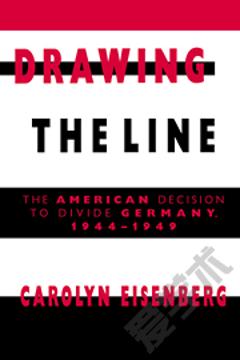
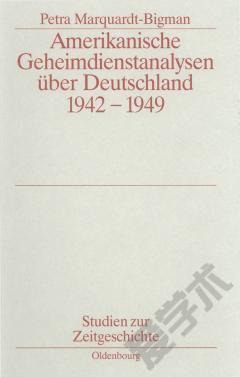
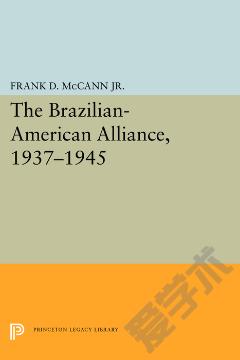
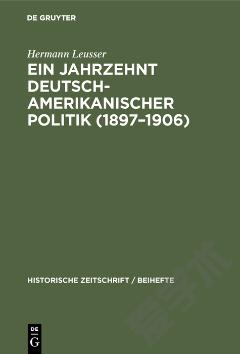
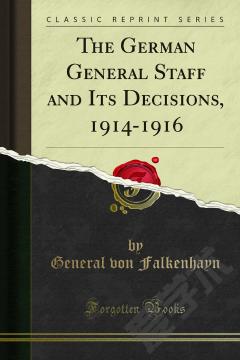
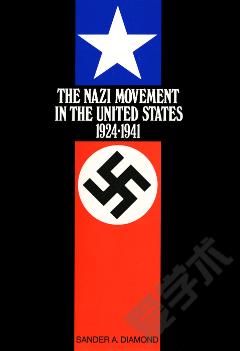


 京公网安备 11010802027623号
京公网安备 11010802027623号